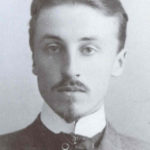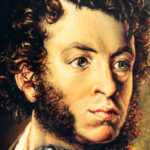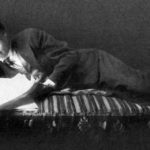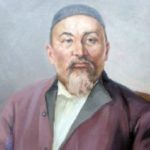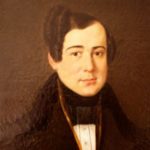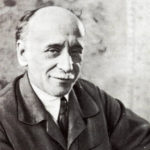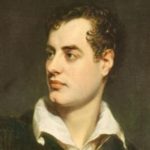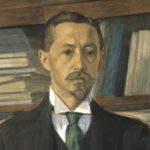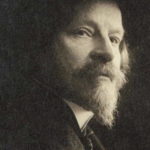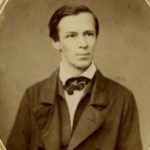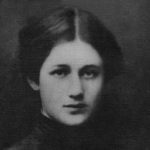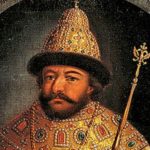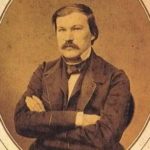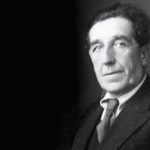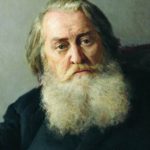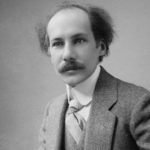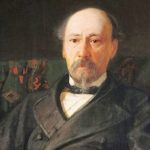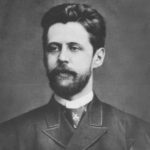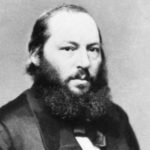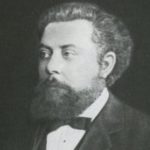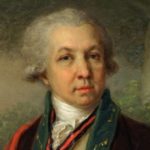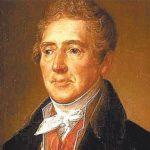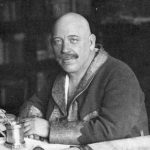Interesting facts about Boris Pasternak
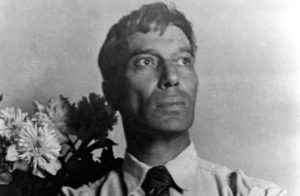 The talent of Boris Pasternak is recognized not only in Russia, but throughout the world. In the history of world literature, he left such an impressive mark that he is rightfully placed on a par with such poets as Byron, Pushkin and Lermontov. Poems are eternal, and good poetry – all the more, and Pasternak’s work – is a vivid proof of that.
The talent of Boris Pasternak is recognized not only in Russia, but throughout the world. In the history of world literature, he left such an impressive mark that he is rightfully placed on a par with such poets as Byron, Pushkin and Lermontov. Poems are eternal, and good poetry – all the more, and Pasternak’s work – is a vivid proof of that.
Boris Pasternak, a Nobel laureate and the recipient of many other prestigious awards in the field of literature, is rightfully considered one of the most outstanding poets of the 20th century.
Pasternak’s poems were first published when the author was 23 years old.
The Soviet authorities were against awarding Pasternak the award of the Nobel Committee – the writer was persecuted and humiliated until he refused the award. The phrase “Did not read, but I condemn” arose just during the attacks on Pasternak.
The future classics of literature was born in a Moscow creative family – his father was a member of the Academy of Arts, and his mother played the piano.
In the house Pasternak often there were famous artists, such as Isaak Levitan and Vasily Polenov. Visiting the creative family and Leo Tolstoy.
Thanks to the acquaintance with the composer Alexander Skryabin, the young man was carried away by music – by the time Pasternak’s musical fervor had dried up, he had managed to write several serious works for the pianoforte.
At 13, Pasternak fell from his horse and broke his leg. The bone has grown together incorrectly, and to it up to the end of a life it was necessary to hide an easy lameness, which the poet hesitated.
A few years later in the center of Moscow Pasternak was beaten with whips – he accidentally found himself in a crowd of protesters who were being driven by policemen on horseback. This episode impressed the young man so deeply that he then described it in several works at once.
Pasternak for a long time was preparing to enter the conservatory, but at the last moment he decided not to associate his life with professional music lessons. The young man began to study philosophy – first in Moscow, and then in Germany.
After graduating from Moscow University, Pasternak did not appear behind the diploma. His document on higher education is still stored in the archives of the university.
In the early 1920s, Pasternak’s parents and sisters, on special authorization from the authorities, left for Berlin because of the illness of the head of the family, but never returned to their homeland. After the establishment of the Nazi regime, the family moved to London.
During a trip to Paris for the writers’ congress Pasternak had a nervous attack. He never went abroad again.
Akhmatova’s family was released from prison after Pasternak had interceded for them before Stalin. In gratitude for freedom for native poetess Pasternak sent a book of poems translated from Georgian to the head of state.
Despite several poems praised by Stalin, published by Pasternak, very soon the Soviet authorities begin to criticize him for his incompatibility with the era.
Boris Pasternak is the author of the translations of most Shakespearean tragedies, which are now considered classic.
During the war Pasternak lived for some time in Chistopol, where he financially supported many people in need, including the daughter of Marina Tsvetaeva.
Pasternak was fascinated by Georgia and its culture – he repeatedly went there, translated poems of Georgian poets and drew inspiration from this country. He even called Georgia his second homeland.
Work on the famous novel “Doctor Zhivago” lasted 10 years. Publish it in the USSR was impossible, so the book was first published in Italy.
The CIA considered the novel to be such a successful element of anti-Soviet propaganda that it organized its free distribution to Soviet tourists at the World Exhibition in Brussels. It is known that the British Foreign Ministry financed the publication of “Doctor Zhivago” in the language of Farsi.
Pasternak died at the age of 70 from lung cancer in Peredelkino. The monument erected on his grave was defiled so many times that on the fortieth anniversary of the death of the poet he had to install his exact copy.

